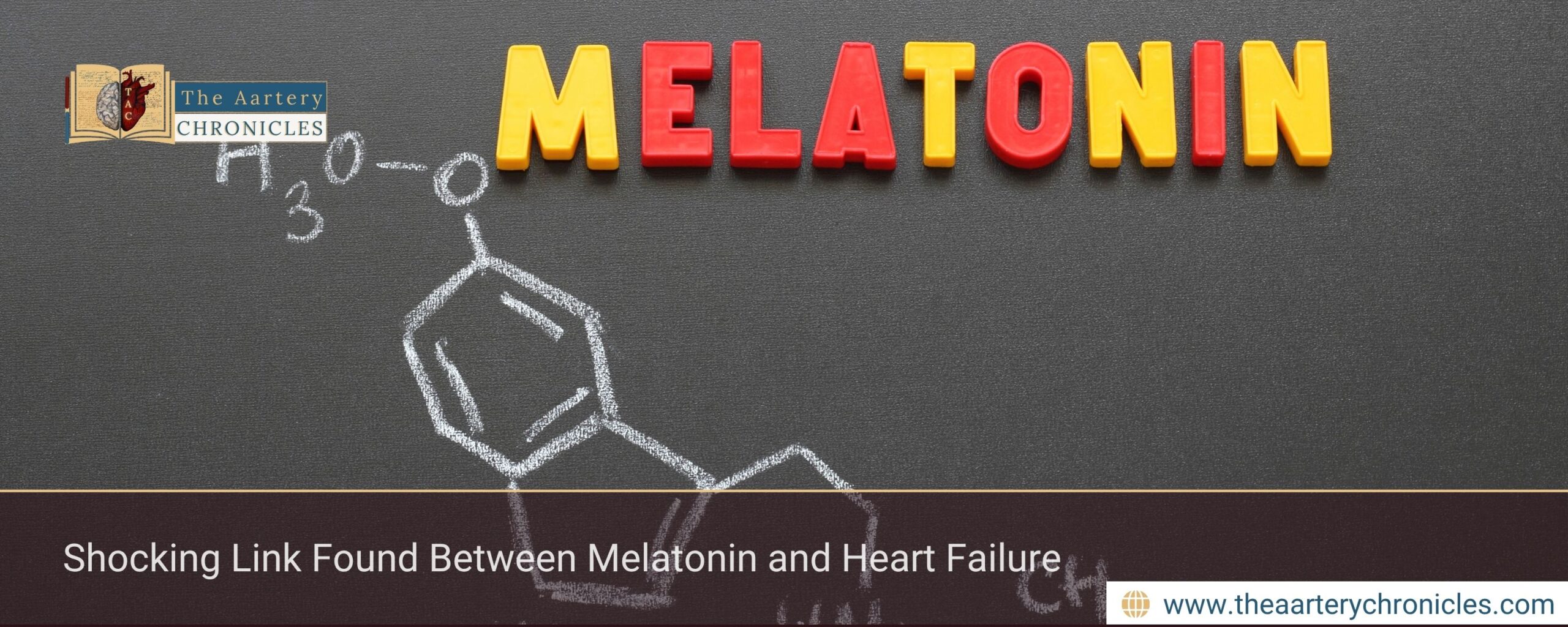

Shocking Link Found Between Melatonin and Heart Failure
Melatonin, a common over-the-counter sleep supplement used by millions around the world, may not be as harmless as many believe. According to a new large-scale study presented by the American Heart Association (AHA), long-term melatonin use could be linked to a 90% higher risk of developing heart failure in adults with chronic insomnia.
This potential connection between melatonin and heart failure risk has prompted health experts to urge caution, especially among people who use the supplement regularly for more than a year.
What the New Study Reveals
Researchers analyzed electronic health records from over 130,000 adults diagnosed with chronic insomnia over a five-year period. Among them, approximately 65,000 individuals had used melatonin for at least one year.
The findings were concerning:
- Those who used melatonin long-term had a 90% higher chance of developing heart failure compared to similar individuals who did not take melatonin (4.6% vs 2.7%).
- In another analysis, users who filled two or more melatonin prescriptions at least 90 days apart showed an 82% higher heart failure risk.
- Long-term users were also 3.5 times more likely to be hospitalized for heart failure (19% vs 6.6%) and twice as likely to die from any cause (7.8% vs 4.3%) during the study period.
It’s worth noting that the study excluded people who already had heart failure or were using other sleep medications, such as benzodiazepines, to better isolate the effects of melatonin alone.
Does Melatonin Cause Heart Problems?
The study authors emphasized that this was an observational study, which means it shows a strong link but does not prove that melatonin directly causes heart failure. Other health factors like insomnia, existing heart conditions, or the use of other medications might also play a role.
However, given the massive number of people who rely on melatonin, the findings are still a major public health concern that calls for more research.
Why These Findings Matter
Melatonin is often seen as a “natural” and safe sleep aid, easily available without a prescription in many countries, including the U.S. Because it’s a hormone naturally produced by the body, many assume it has no side effects.
But this new evidence suggests that long-term use might not be risk-free, especially for people already at risk for cardiovascular disease. Poor sleep itself is known to harm the heart, but if a commonly used sleep supplement also adds risk, it’s an issue that requires close attention.
What You Should Do If You Take Melatonin
If you’ve been using melatonin regularly particularly for more than a year it’s important to talk to your doctor. Discuss whether non-drug options, like sleep hygiene improvements or cognitive behavioral therapy for insomnia (CBT-I), might work better for you.
People with high blood pressure, diabetes, or existing heart problems should be especially cautious. Regular monitoring of heart health and open communication with a healthcare provider are essential.
Conclusion
The new research does not confirm that melatonin causes heart failure, but it does highlight a potential link between melatonin and heart failure risk that shouldn’t be ignored. Occasional or short-term use may carry fewer risks, but using it long-term, especially without medical guidance, may not be as safe as previously thought.
Remember: “Natural” doesn’t always mean “safe for long-term use.” Always consult a healthcare professional before taking any supplement regularly, and stay informed as new research continues to emerge.
Source: Inputs from various media Sources
I’m a pharmacist with a strong background in health sciences. I hold a BSc from Delhi University and a pharmacy degree from PDM University. I write articles and daily health news while interviewing doctors to bring you the latest insights. In my free time, you’ll find me at the gym or lost in a sci-fi novel.
- Priya Bairagi
- Health News and Updates,People Forum
- 4 November 2025
- 15:00








